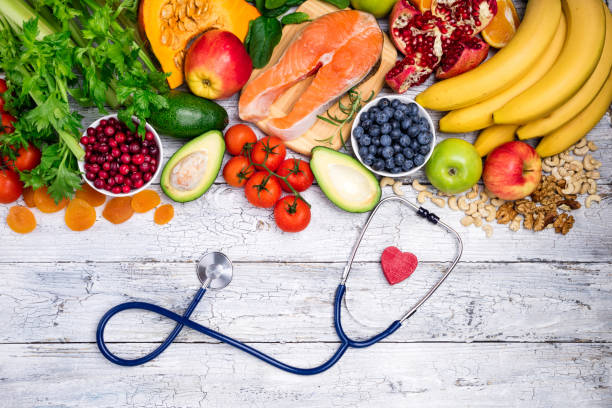
It’s estimated that over 600,000 Americans die from heart-related complications every year. While there are multiple factors that can contribute to an unhealthy heart, your diet plays a major role in preventing heart disease. A change in your diet might sound like a lot to take on, but you’ll be surprised by some of the easy additions that will make a difference.
Why Your Diet Is Important
Just as the wrong foods can affect how well your heart functions, the right ones can help your heart. For example, the Vitamin K that’s found in green leafy vegetables is important in helping your heart pump blood effectively. Bananas contain potassium, which is essential to healthy muscle function. When you strike the ideal balance between the foods that are good for your heart, you’ll likely reduce the risk of heart-related problems.
15 Foods To Add To Your Diet
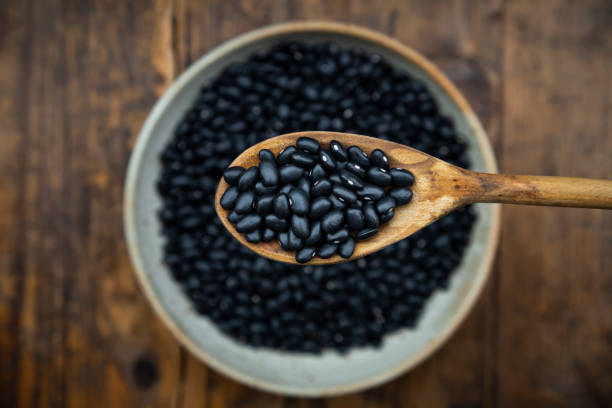
1. Black Beans
Generally, studies have found that beans reduce your risk of heart disease. Black beans, in particular, contain folate, antioxidants, magnesium, and fiber. These nutrients work together to lower your blood pressure while controlling cholesterol and blood sugar levels.

2. Salmon
Salmon is an excellent source of omega-3 fatty acids. These kinds of fatty acids are considered healthy and are known for lowering blood pressure as well as triglyceride levels in the blood. Omega-3 fatty acids can also reduce inflammation in the body and incidents of erratic heart rhythm.

3. Walnuts
If you need a heart-healthy snack, walnuts are a great bet. They contain omega-3 fatty acids as well as other nutrients that can protect against inflammation in the arteries.

4. Tuna
This is another great source of omega-3 fatty acids that tends to be more affordable than salmon. When you’re shopping, check out the albacore variety as it has higher omega-3 content than the others. A few more options include sardines, mackerel, anchovies, and herring.
RELATED: 5 Easy Ways to DASH Your Diet to Improve Heart Health

5. Whole Grains
According to multiple studies, whole grains can protect your heart from disease. In fact, if you eat at least three servings of whole grains daily, the risk can decrease by as much as 22%. Some options to add to your diet include oats, rye, barley, whole wheat, brown rice, and quinoa.
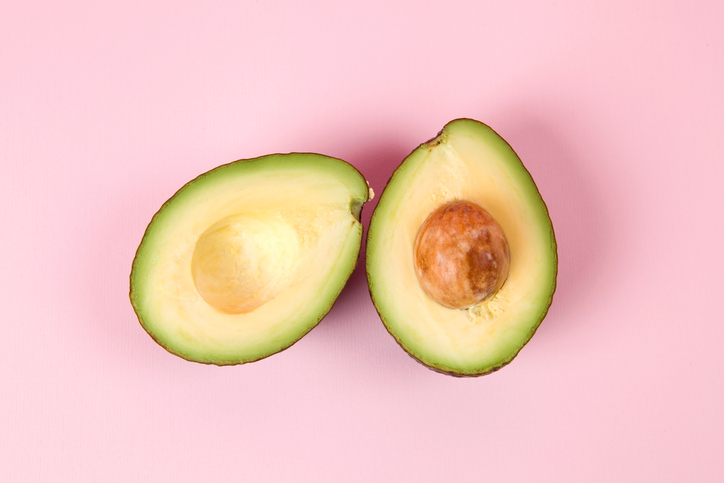
6. Avocados
Avocados are rich in potassium and heart-healthy fats. Adding them to your diet can promote a well-functioning heart. You may also benefit from lowered blood pressure and bad cholesterol levels.
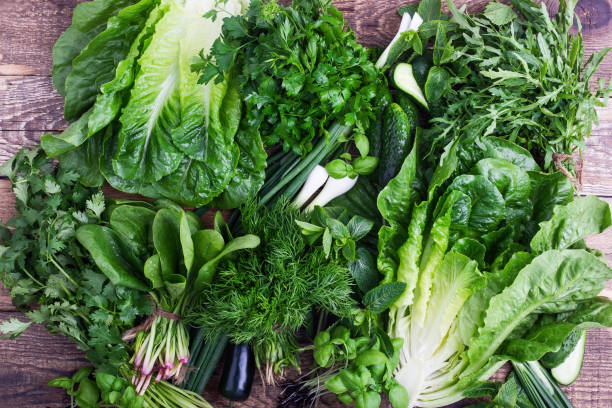
7. Green Leafy Vegetables
These kinds of vegetables contain a wide variety of vitamins and minerals that are beneficial to your heart. They can protect the arteries, promote proper clotting, and maintain the proper function of blood vessels. You should include kale, spinach, lettuce, collard greens, mustard, and arugula in your diet as much as possible.
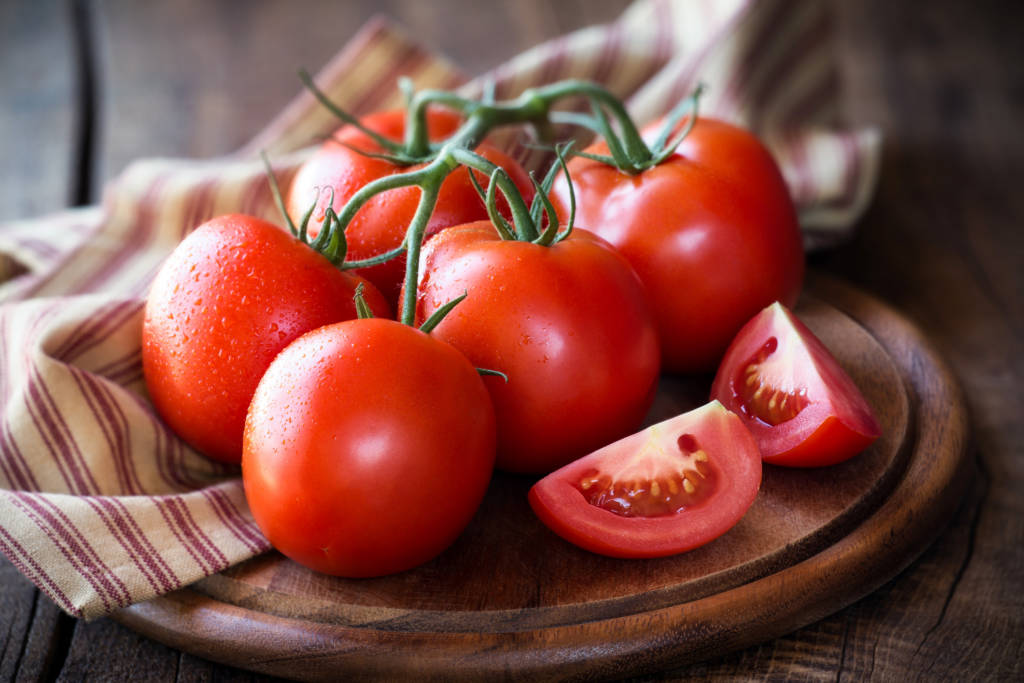
8. Tomatoes
Antioxidants are great for protecting the body from oxidative damage and inflammation. Tomatoes contain a powerful antioxidant, known as lycopene, and people who eat tomatoes four times per week have seen positive effects on their blood pressure.
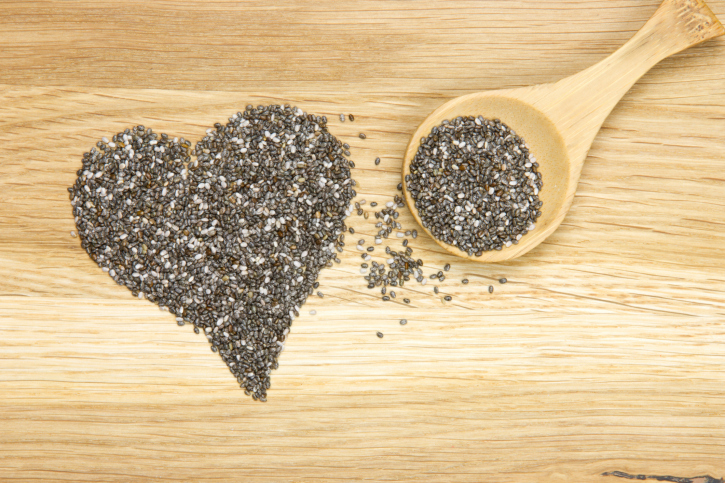
9. Seeds
If you include chia seeds, hemp seeds, and flax seeds in your diet, you’ll get a healthy dose of fiber, amino acids, as well as omega-3 fatty acids. These nutrients can help to control your blood sugar and cholesterol levels.
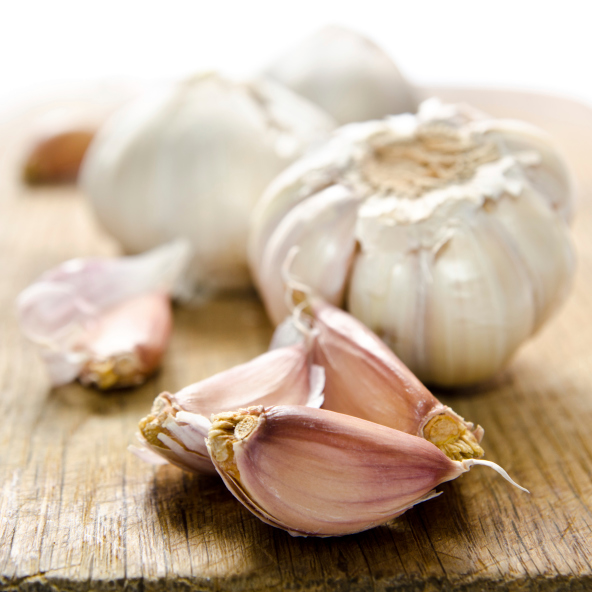
10. Garlic
You might know about garlic’s antimicrobial properties, but it’s great for your heart too. Studies have found that eating raw garlic or its extract can reduce blood pressure, lower the risk of platelet buildup in the arteries, and lower cholesterol.

11. Oranges
Oranges contain the fiber, pectin, which lowers cholesterol. It also has potassium to promote heart muscle function.

12. Berries
If you reach for strawberries, blueberries, raspberries, and blackberries, you’re doing your heart some good. The antioxidants and other nutrients in these berries can help to control your cholesterol and blood pressure.
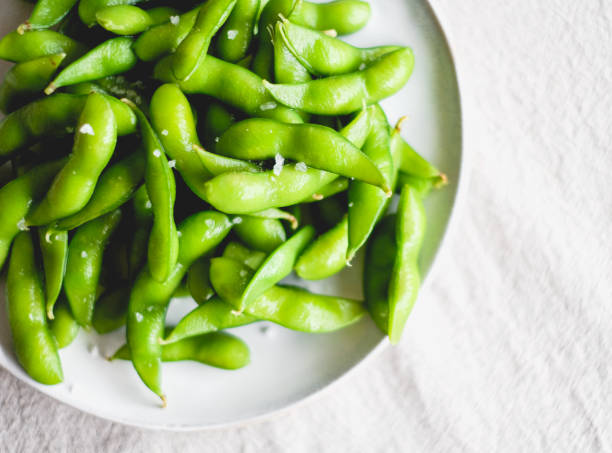
13. Edamame
Soy proteins contain a lot of good fiber that helps to reduce your cholesterol levels. You can include tofu in your diet as well.
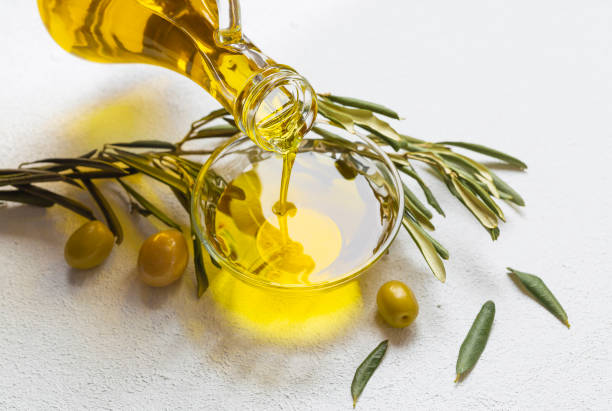
14. Olive oil
This heart-heathy oil is full of antioxidants and good fats that protect your heart from damage. Studies even showed that those who consumed olive oil regularly could reduce their risk of heart disease by up to 35%.
RELATED: ‘Balance’ Is Key For a Heart Healthy Diet
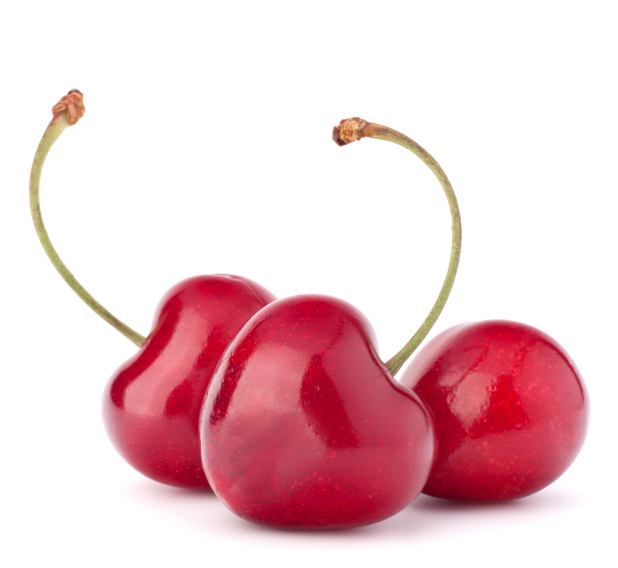
15. Cherries
Whether you opt for sweet or sour cherries, you’ll still get a good dose of anthocyanins that will protect your heart.
Of course, this list is far from exhaustive and you should talk to your doctor about which specific foods or overall diet will work well. If there are certain things you can’t eat, it’s also possible to find good alternatives so don’t give up.









